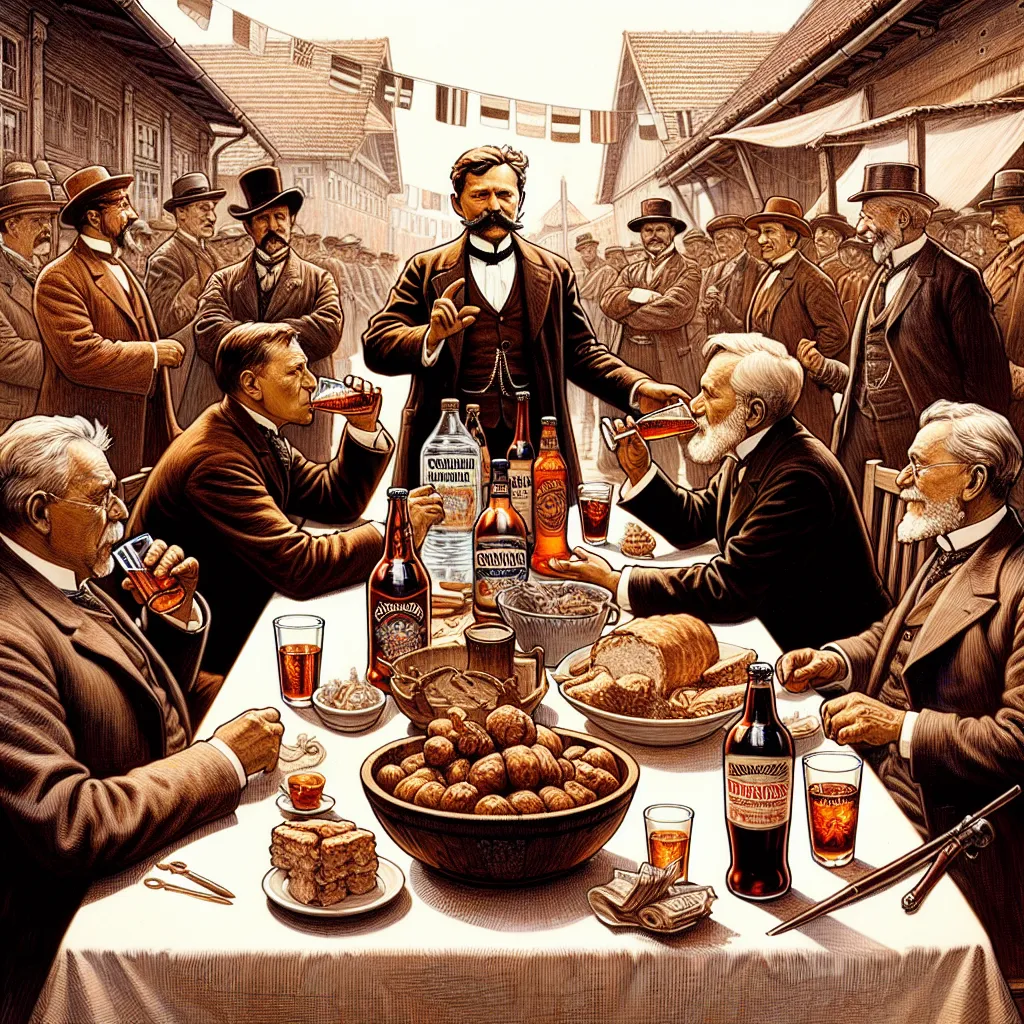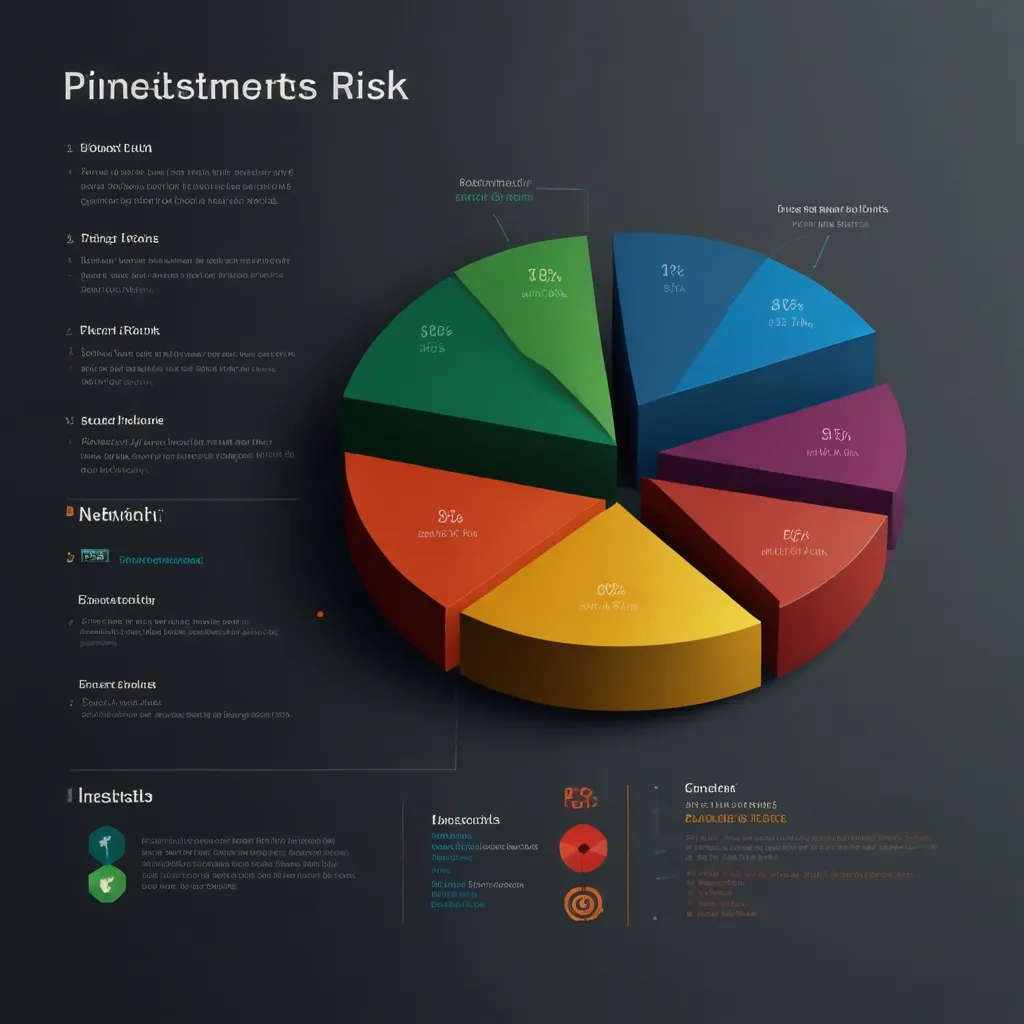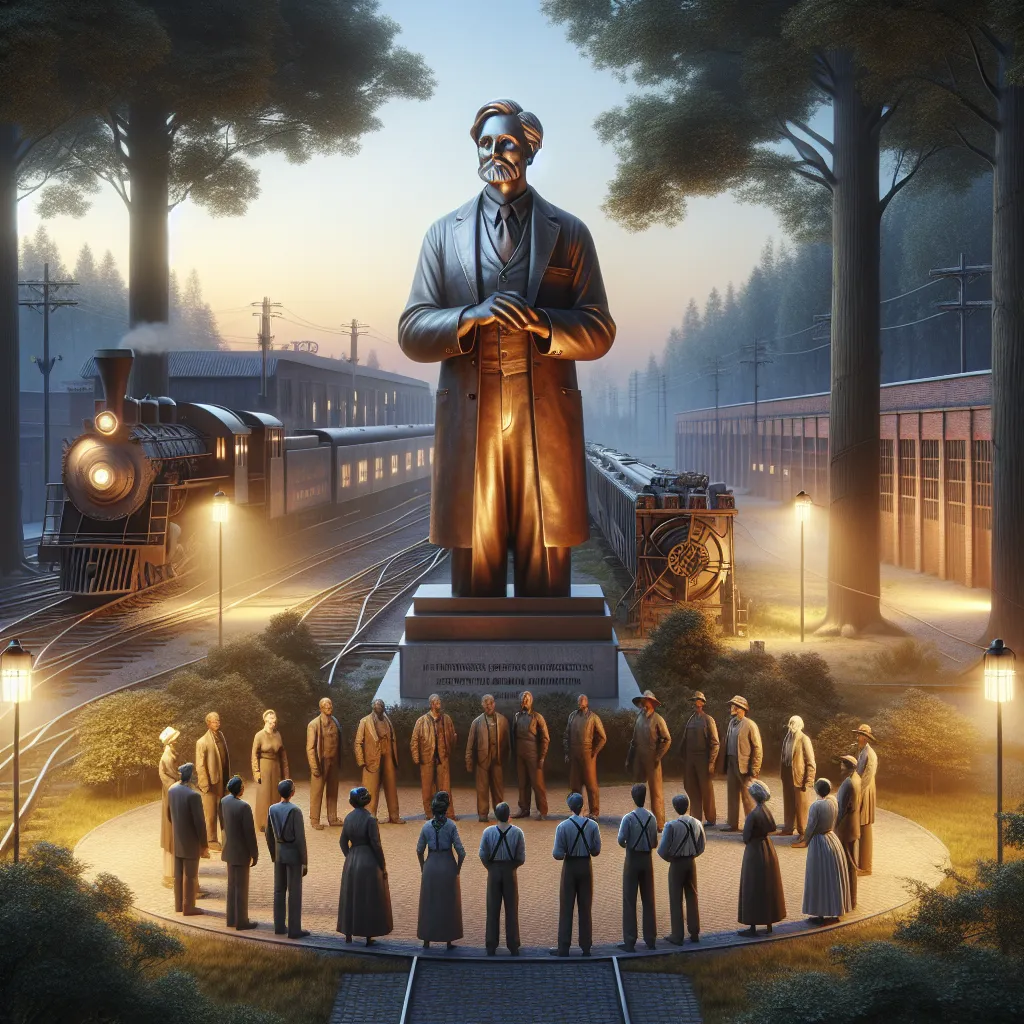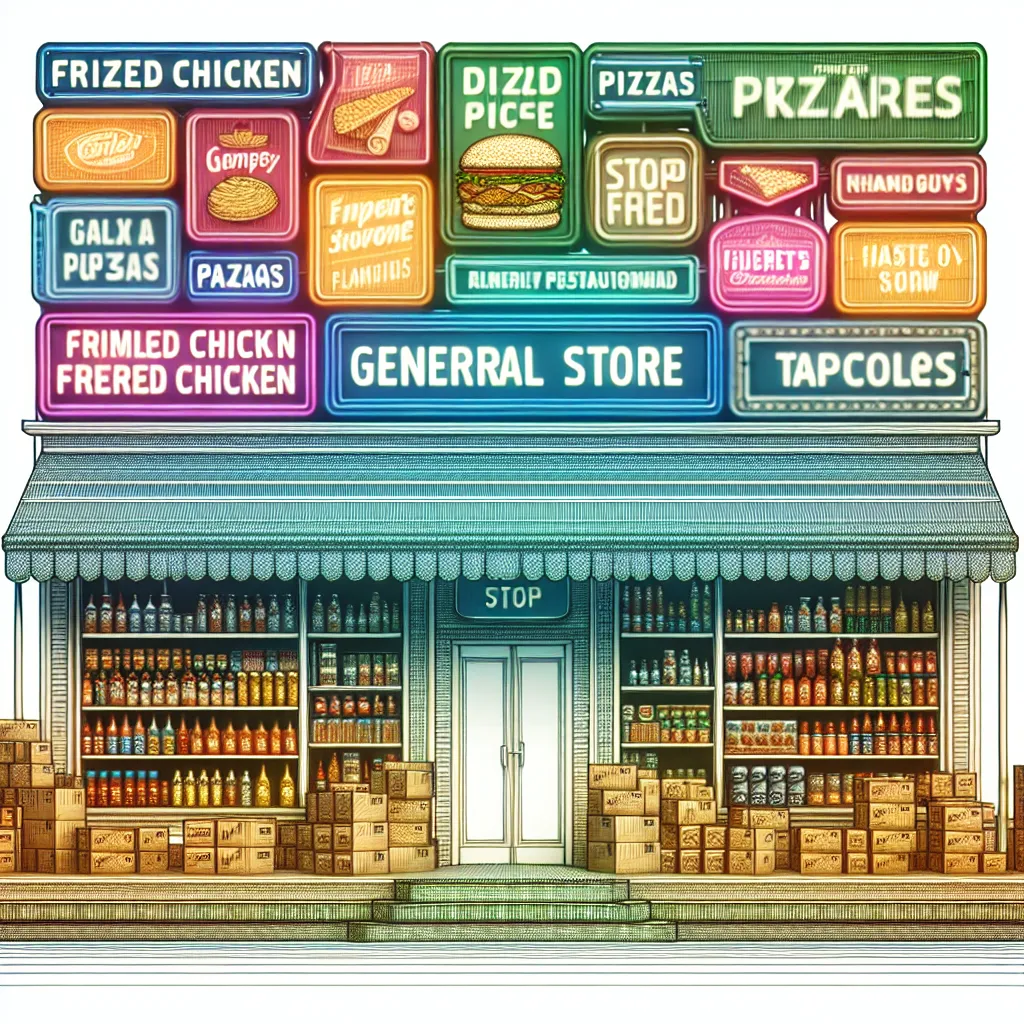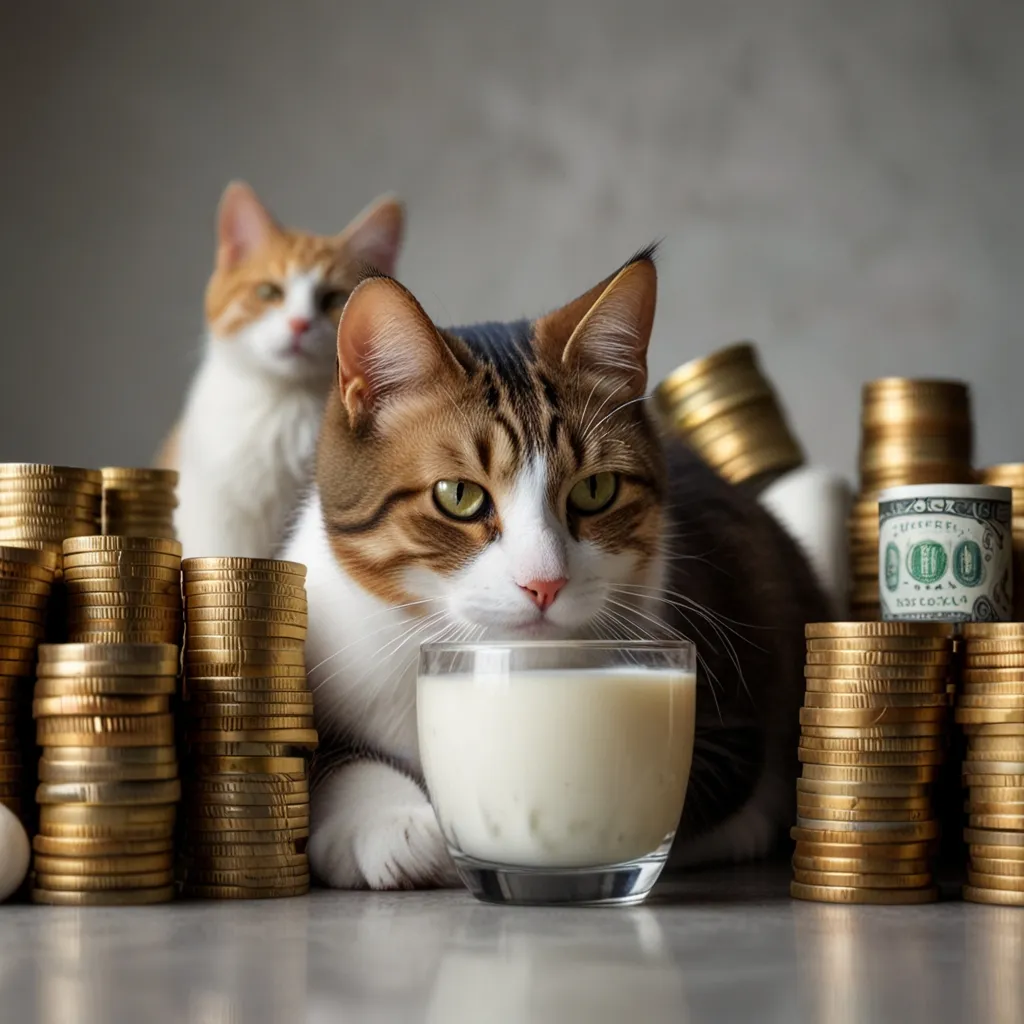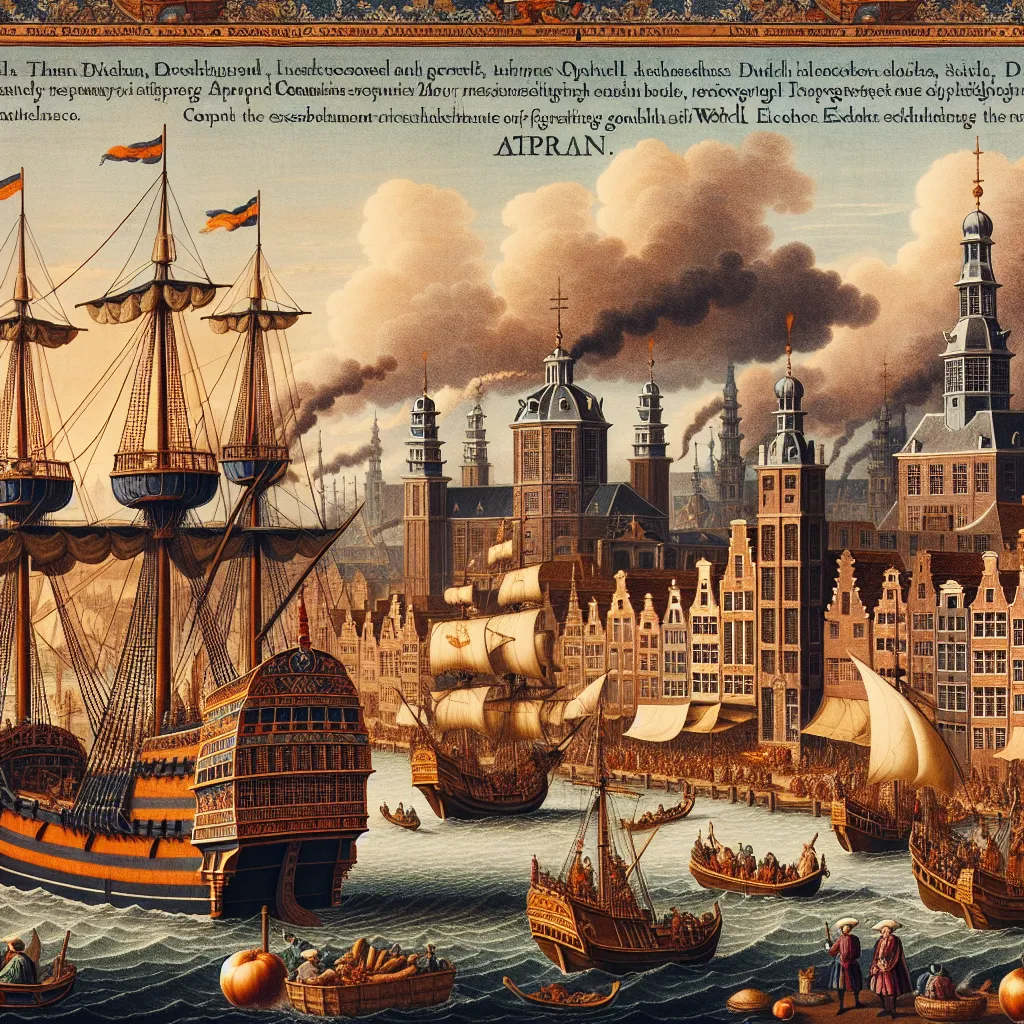Pepsi’s journey to becoming a global powerhouse is filled with tales of ambition and innovation, one of the most fascinating being its conquest of the Soviet Union. For over a century, Pepsi and Coca Cola have battled for dominance, but in this case, Pepsi took the lead in a bold and unexpected way.
The story kicks off in the late 1950s. With Stalin’s death, Nikita Khrushchev came into power and aimed to reform the Soviet Union. Unlike Stalin, Khrushchev wanted to improve the lives of the Soviet people and opened the borders for them to experience the world. One of his notable moves was hosting the American National Exhibition in Moscow in 1959.
The U.S. was eager to showcase the perks of capitalism and brought an array of items ranging from art to automobiles. Among the products was Pepsi, which Donald Kendall, head of Pepsi’s international division, wanted to introduce to the Soviet market. Kendall approached Vice President Nixon with a single request - to get a Pepsi into Khrushchev’s hands.
On the opening day of the exhibition, Nixon met with Khrushchev for what became known as the “Kitchen Debate,” a conversation about the merits of communism versus capitalism. After the debate, Nixon led Khrushchev to a booth filled with Pepsi. Khrushchev enjoyed the beverage and encouraged others to try it. Despite some mixed reviews, this act was a massive PR win for Pepsi and catapulted Kendall to the role of CEO.
Kendall’s mission was to make Pepsi accessible to Soviet citizens, but he faced significant challenges as the Soviet ruble had no value outside the USSR. It took nearly a decade, but Kendall struck a unique deal: for every bottle of Pepsi sold, they would receive an equivalent amount of Stolichnaya vodka to sell in America. This agreement made Pepsi the first capitalist product sold in the USSR and led to Soviets consuming a billion servings of Pepsi annually by the late 1980s.
However, there was a vodka surplus, so Kendall needed a new trading medium. In 1989, he announced an unusual deal where Pepsi acquired 17 diesel submarines and several warships from the Soviet Union, temporarily making Pepsi the owner of the 7th largest navy in the world before selling them for scrap.
Kendall’s next big plan involved building 10 oil tankers in exchange for nearly a billion dollars’ worth of Pepsi. Dubbed the “Deal of the Century,” it was disrupted when the Soviet Union collapsed. Pepsi had to scramble to salvage its assets amid the chaos of hyperinflation and new national borders. During this turmoil, Coca Cola entered the Russian market aggressively, buying factories cheaply and launching an extensive marketing campaign. By 1996, Coca Cola had overtaken Pepsi as Russia’s top cola.
Nevertheless, Russia remains Pepsi’s largest market outside the U.S., and despite setbacks, Pepsi continues to be very profitable. Today, Coca Cola might be more popular globally, but it was Pepsi that achieved the remarkable feat of conquering the Soviet Union.
In the world of global beverages, this story stands out as a testament to bold strategy and innovative trade practices. Pepsi may not always be the top cola, but its legacy of resilience and enterprise in the Soviet Union is unmatched.
